 My Nicene Monarchist party has been accused of innovation respecting the interpretation of John 20:28 which states,
My Nicene Monarchist party has been accused of innovation respecting the interpretation of John 20:28 which states,
Thomas answered and said to Him, “My Lord and my God!”
My group has stated that this verse does not mean that Jesus is the one God, but that Jesus is the eternally begotten son of the one God who is “the radiance of His (the one God the Father) glory and the exact representation of His nature”. (Heb 1:3-Which reeks of the idea of emanation.) Moreover, in the economia, this Word of God, eternally begotten, that is before all worlds, is the mediatorial king and representative of God on earth, being the very icon of God (Col 1:15) as he bears his Father’s nature and comes in his Father’s name.(John 5:43) Thus, he IS not the Father’s name as if he was the same being as the Father, but he comes IN his Father’s name, thus he is identified with the Father nominally, not numerically. (This is not to deny his generic consubstantiality with the Father only to describe the way he is identified with the Father’s name-Yahew). Now this is considered heretical by some of my opponents. What heresy it is they cannot say. Let us give some attention to a couple quotations from the Early Fathers respecting John 20:28:
Athanasius, Discourse 2 Against the Arians, Chapter 16
“Thus Manoah, the father of Samson, wishing to offer sacrifice to the Angel, was thereupon hindered by him, saying, ‘Offer not to me, but to God. ‘ On the other hand, the Lord is worshipped even by the Angels; for it is written, ‘Let all the Angels of God worship Him Hebrews 1:6;’ and by all the Gentiles, as Isaiah says, ‘The labour of Egypt and merchandize of Ethiopia and of the Sabeans, men of stature, shall come over unto you, and they shall be your servants;’ and then, ‘they shall fall down unto you, and shall make supplication unto you, saying, Surely God is in you, and there is none else, there is no God Isaiah 45:14.’ And He accepts His disciples’ worship, and certifies them who He is, saying, ‘Call ye Me not Lord and Master? And you say well, for so I am.’ And when Thomas said to Him, ‘My Lord and my God ,’ He allows his words, or rather accepts him instead of hindering him. For He is, as the other Prophets declare, and David says in the Psalm, ‘the Lord of hosts, the Lord of Sabaoth,’ which is interpreted, ‘the Lord of Armies,’ and God True and Almighty, though the Arians burst at the tidings.
24. But He had not been thus worshipped, nor been thus spoken of, were He a creature merely. But now since He is not a creature, but the proper offspring of the Essence of that God who is worshipped, and His Son by nature, therefore He is worshipped and is believed to be God, and is Lord of armies, and in authority, and Almighty, as the Father is; for He has said Himself, ‘All things that the Father has, are Mine John 16:15.’ For it is proper to the Son, to have the things of the Father, and to be such that the Father is seen in Him, and that through Him all things were made, and that the salvation of all comes to pass and consists in Him.”
Notice Athanasius says that Christ is worshiped because he is God in the sense that he is “the proper offspring of the Essence of that God who is worshipped”. Here we have no confusion of being. On the contrary, Athanasius says he is the offspring (an idea the contemporary Deformed reject) of that God to whom worship is required. This is exactly what we teach.
Novation, On the Trinity, Chapter 13,
“Moreover, if, whereas it is the property of none but God to know the secrets of the heart, Christ beholds the secrets of the heart; and if, whereas it belongs to none but God to remit sins, the same Christ remits sins; and if, whereas it is the portion of no man to come from heaven, He descended by coming from heaven; and if, whereas this word can be true of no man, I and the Father are one, John 10:30 Christ alone declared this word out of the consciousness of His divinity; and if, finally, the Apostle Thomas, instructed in all the proofs and conditions of Christ’s divinity, says in reply to Christ, My Lord and my God; John 20:28 and if, besides, the Apostle Paul says, Whose are the fathers, and of whom Christ came according to the flesh, who is over all, God blessed for evermore, Romans 9:5 writing in his epistles; and if the same apostle declares that he was ordainedan apostle not by men, nor of man, but by Jesus Christ; and if the same contends that he learned the Gospel not from men or by man, but received it from Jesus Christ, reasonably Christ is God. Therefore, in this respect, one of two things must needs be established. For since it is evident that all things were made by Christ, He is either before all things, since all things were by Him, and so He is justly God; or because He is man He is subsequent to all things, and justly nothing was made by Him. But we cannot say that nothing was made by Him, when we observe it written that all things were made by Him. He is not therefore subsequent to all things; that is, He is not man only, who is subsequent to all things, but God also, since God is prior to all things. For He is before all things, because all things are by Him, while if He were only man, nothing would be by Him; or if all things were by Him, He would not be man only, because if He were only man, all things would not be by Him; nay, nothing would be by Him. What, then, do they reply? That nothing is by Him, so that He is man only? How then are all things by Him? Therefore He is not man only, but God also, since all things are by Him; so that we reasonably ought to understand that Christ is not man only, who is subsequent to all things, but God also, since by Him all things were made. For how can you say that He is man only, when you see Him also in the flesh, unless because when both aspects are considered, both truths are rightly believed?”
Here Novation is using the word “God” generically as one who is uncreated and participated in the creation of the world. This I confess and strongly affirm. Novation’s exposition then gives no ground for a charge of heresy against us.
And now to absolutely crush any and all doubts that what my party teaches is the true and only faith once for all delivered to the saints concerning John 20:28:
Hilary of Poitiers, On the Trinity (Book VII), Section 12,
“12. And now let us see whether the confession of Thomas the Apostle, when he cried, My Lord and My God, corresponds with this assertion of the Evangelist. We see that he speaks of Him, Whom he confesses to be God, as My God. Now Thomas was undoubtedly familiar with those words of the Lord, Hear, O Israel, the Lord your God is One. How then could the faith of an Apostle become so oblivious of that primary command as to confess Christ as God, when life is conditional upon the confession of the Divine unity? It was because, in the light of the Resurrection, the whole mystery of the faith had become visible to the Apostle. He had often heard such words as, I and the Father are One, and, All things that the Father has are Mine, and, I in the Father and the Father in Me ; and now he can confess that the name of God expresses the nature of Christ, without peril to the faith. Without breach of loyalty to the One God, the Father, his devotion could now regard the Son of God as God, since he believed that everything contained in the nature of the Son was truly of the same nature with the Father. No longer need he fear that such a confession as his was the proclamation of a second God, a treason against the unity of the Divine nature; for it was not a second God Whom that perfect birth of the Godhead had brought into being. Thus it was with full knowledge of the mystery of the Gospel that Thomas confessed his Lord and his God. It was not a title of honour; it was a confession of nature. He believed that Christ was God in substance and in power. And the Lord, in turn, shows that this act of worship was the expression not of mere reverence, but of faith, when He says, Because you have seen, you have believed; blessed are they which have not seen, and have believed. For Thomas had seen before he believed. But, you ask, What was it that Thomas believed? That, beyond a doubt, which is expressed in his words, My Lord and my God. No nature but that of God could have risen by its own might from death to life; and it is this fact, that Christ is God, which was confessed by Thomas with the confidence of an assured faith. Shall we, then, dream that His name of God is not a substantial reality, when that name has been proclaimed by a faith based uponcertain evidence? Surely a Son devoted to His Father, One Who did not His own will but the will of Him that sent Him, Who sought not His own glory but the glory of Him from Whom He came, would have rejected the adoration involved in such a name as destructive of that unity of God which had been the burden of His teaching. Yet, in fact, He confirms this assertion of the mysterious truth, made by the believing Apostle; He accepts as His own the name which belongs to the nature of the Father. And He teaches that they are blessed who, though they have not seen Him rise from the dead, yet have believed, on the assurance of the Resurrection, that He is God.”
By spending the last few years completely slaughtering, massacring, annihilating, butchering, desolating, despoiling, and in all respects dumbfounding the doctrine of Neoplatonic Theology Proper, I ask with all boldness:
Does your Church teach you this doctrine? If not why do you attend that Church? Why are you enabling heresy and apostasy? Why are you allowing your mind and your family to be corrupted with Neoplatonic innovation?



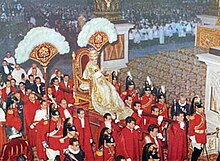
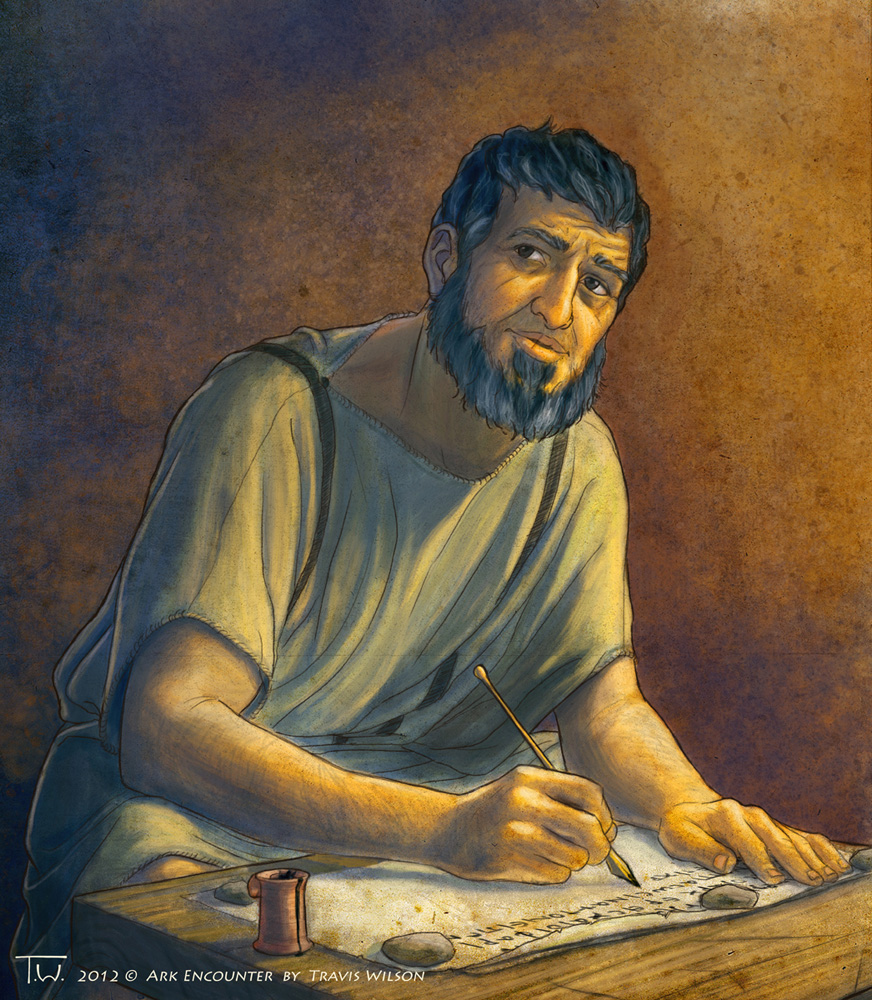
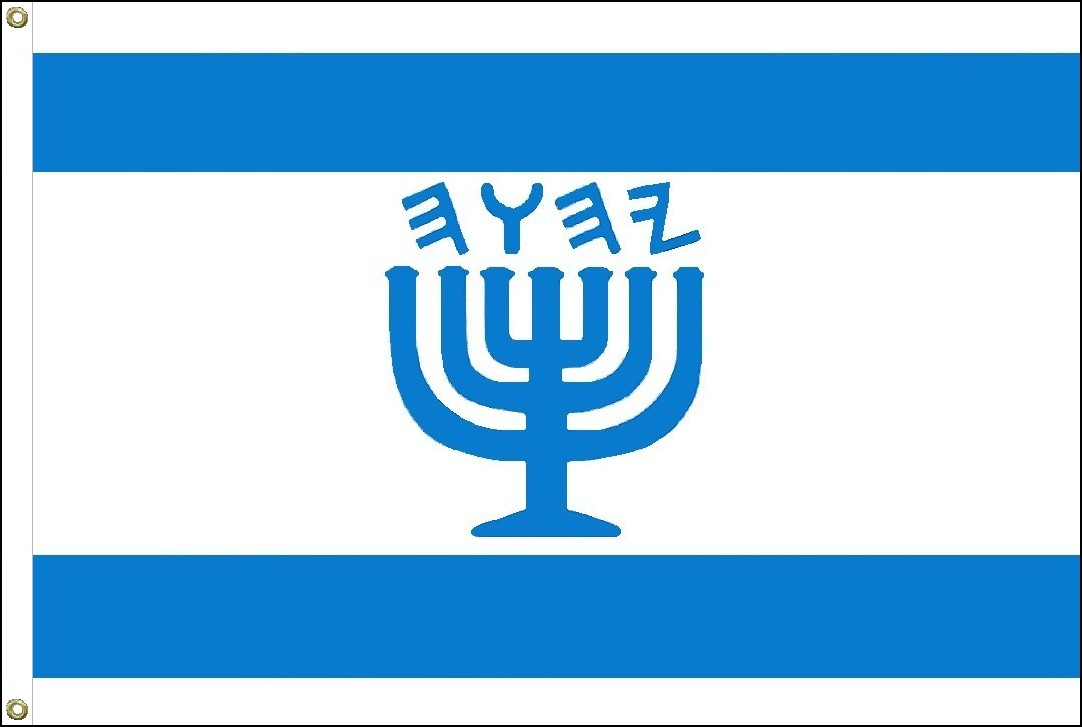

-1-.jpg)

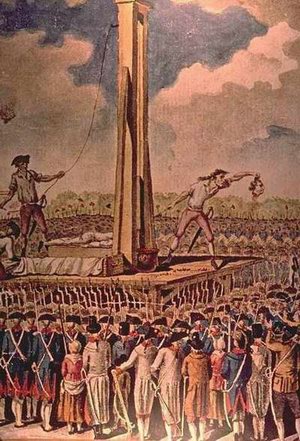










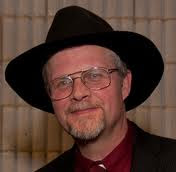

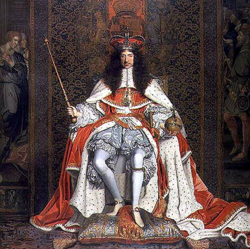
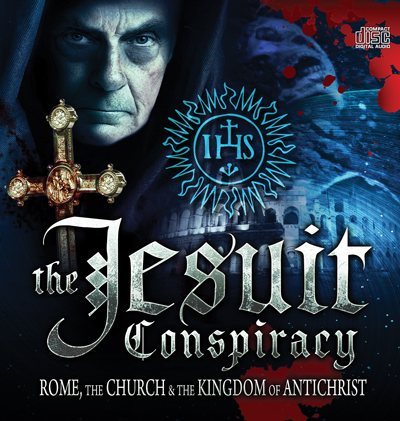









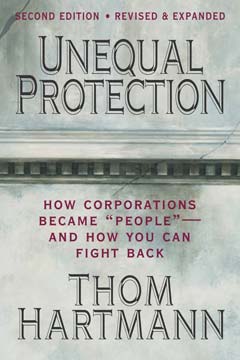
Your enemies should retract their accusations against you, at this point, Drake.
I think the confusion is because most people don’t know the distinction between Person and Nature. Doing a simple substitution, Thomas can either be using theos to mean (a) the Father, (b) the Trinity, or (c) that Jesus is Divine in Nature. Options ‘a’ and ‘b’ are out of the question, seeing that Thomas is speaking to the Son only. If your opponents are messing up on that level, then that’s not good.
Question concerning the filioque: Why can’t economy reflect ontology? Or at least, how would “through the Son” distort the understanding of the Monarchy?
I’ve never understood that myself. If we take Adam as an example of Monarchy, with the second person Eve being created out of his rib, I don’t see how Adam and Eve coming together to bring forth a third person, Seth, undermines Adam’s headship at all.
Well, for one, Eve being the Holy Spirit in this analogy is misplaced because the Holy Spirit is the third person not the second.
Your analogy is the same mistake I have exposed in many otherwise very good Reformed Theologians. The Father and the Spirit do not generate the Son in your theology. In your Theology it is the Father and the Son who generate the Spirit so the way you are using the first family analogy is equivocal.
I did not say Eve was the Holy Spirit in this analogy, I said Eve was the second person, while Seth was the third person.
Because it was not a necessity of God’s nature to create. That is Pantheism. If one must look to the economia to justify their doctrine of Filioque, they have in essence, admitted that the divine persons could only be what they are juxtaposed to a creation. This juxtaposition is indicative of pagan philosophy where all things can only defined as such juxtaposed to an opposite:
Nick,
“I did not say Eve was the Holy Spirit in this analogy, I said Eve was the second person, while Seth was the third person.”
I thought I was talking to Catholic Nick. Here again, your statment is ambigious and confusing. Notice you don’t say Seth was the Son or Spirit you use a numerical tag which you leave open to interpretation. Seth was begotten. He could never be reffered to as the Holy Spirit, the third person in this analogy because he was a begotten son.
All I’m saying is, why can’t Adam producing Seth through Eve be analogous in some way to the Father producing the Spirit through the Son?
I have already explained that a few times already. Seth’s production pertained to being begotten. Being begotten pertains to the Son not the Spirit.